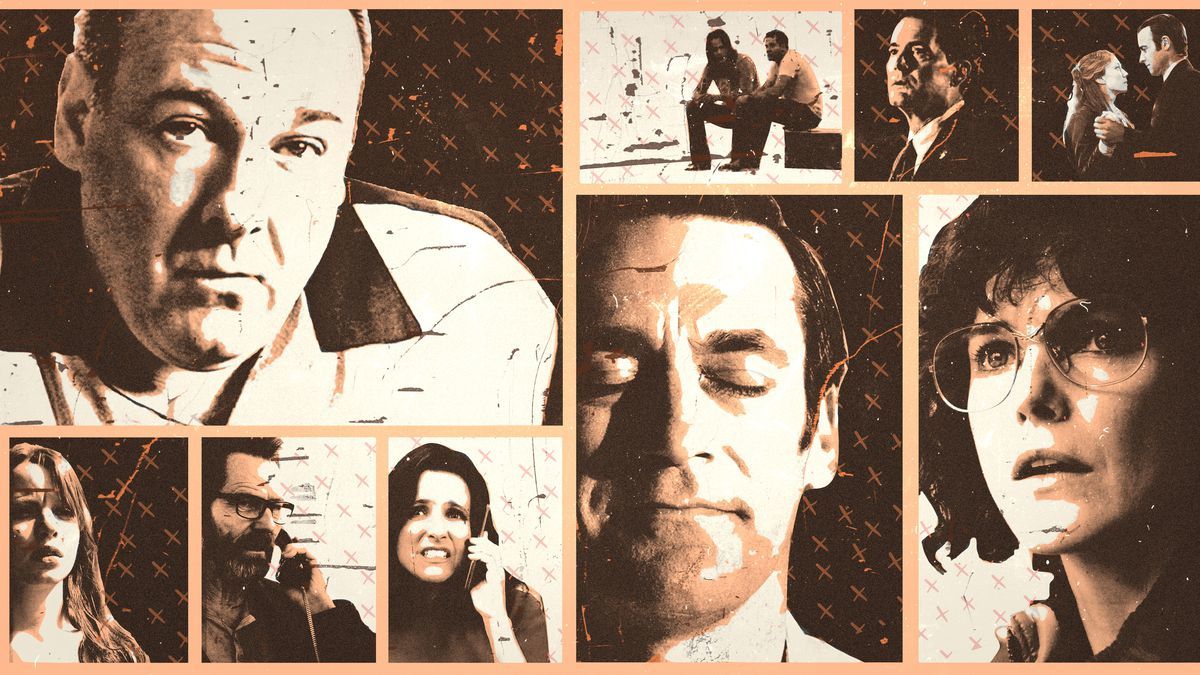
NOTE: This list is a republication- Source: The Ringer.
Hey, you may have heard, but Succession is ending this week. (And so are Barry and The Marvelous Mrs. Maisel, by the way.) To mark the occasion, we’re looking at the very idea of TV finales themselves this week: how to get them right, how to pick the perfect song for them, and why they may matter less in the streaming era. And naturally, we’re ranking them. Check back all week to help us celebrate—we like to think of it more like an Irish wake than a funeral.
YouYou spend entire seasons of TV getting to know them—hours upon hours of your life growing close to fictional people who have won you over, disappointed you, betrayed you, or maybe even taught you a little something about yourself. So when the screen cuts to black and the credits roll for the final time, it’s an emotional experience. This micro-phase of your life is now over, and you have no choice but to move on.
Which is why so much hinges on whether a show can satisfyingly—or even competently—wrap up its story. All finales are inherently somber, but the good ones send you off with a feeling of closure, discovery, or satisfaction from lessons hard learned, while the bad ones have the power to sully even the fondest memories of a TV show—to make you feel like all those hours of watching were wasted.
With the series finales of a handful of impactful shows—Succession, Barry, The Marvelous Mrs. Maisel, and maybe even Ted Lasso—coming up, The Ringer decided to delve into the fickle world of series finales and determine which ones from the 21st century truly stand above the rest. It wasn’t an easy task. Many bad feelings were dredged up in the process. We all had to recall that Bran was declared the king of Westeros. But after we got past that, we were able to remember the finales that resonated—the ones that left us in tears, in shock, or simply with that somewhat indescribable, somewhat mystical feeling of time well spent.
Before we get to the actual list, there were a few crucial rules we had to settle on—TV is getting closer and closer to erasing the traditional definition of what makes a television series, leaving us to establish the boundaries instead. So, to sum it up:
1. Only series finales that aired in the 21st century were considered. We mean no disrespect to M*A*S*H.
2. The finales of limited series were not eligible. There is, of course, an art to ending a miniseries, but it’s a slightly different one than closing a series that’s run for multiple seasons. [Robert Durst’s burping from The Jinx intensifies.]
2a. That said, limited series that then became regular series were eligible to be included.
2b. As you’ll see, we also let in series that, for whatever reason, aired for only one season. Some shows became spiritual limited series due to market forces (read: bad decision-making by network executives), and we chose not to punish those shows for that.
3. Because of the IP-obsessed world we live in, there are some shows that have more recently risen from the dead, thereby calling into question the finality of their original endings. Arrested Development was resurrected by Netflix; sometime later this year, Justified’s Raylan Givens will return to TV screens. In such situations, we chose to treat the original finales as just that: finales.
4. There are many shows, like Doctor Who, that have been on so long that there are distinct phases within them, with distinct beginnings and endings, and one could argue that those endings could be treated like series finales. We, however, would not argue that. Our apologies to Doctor Who; congratulations on being on TV since the beginning of time.
5. Some shows have had a series finale that stretched over the course of multiple episodes. In those cases, the episodes were considered one big series finale and were judged accordingly.
Click here to read the full list